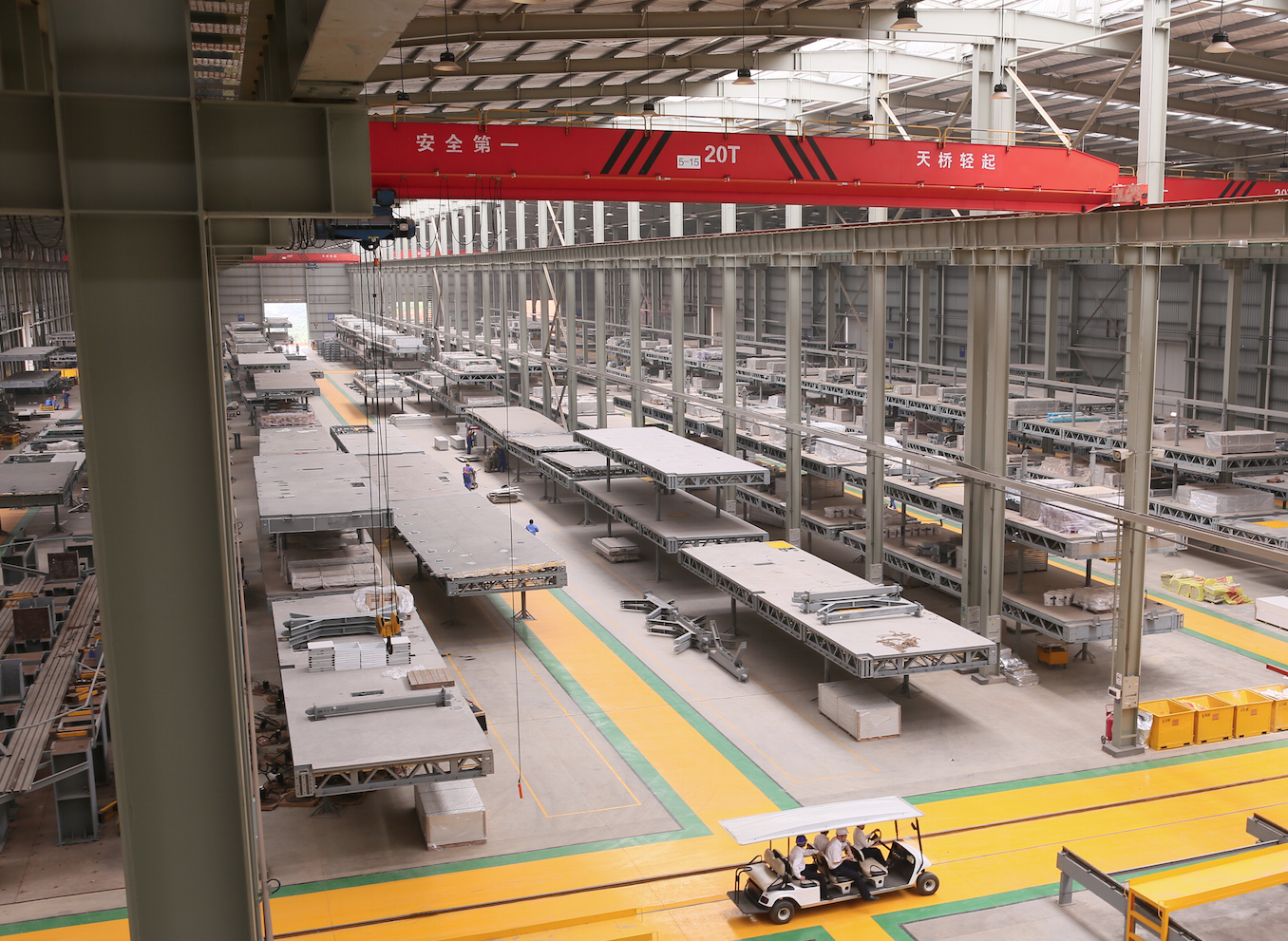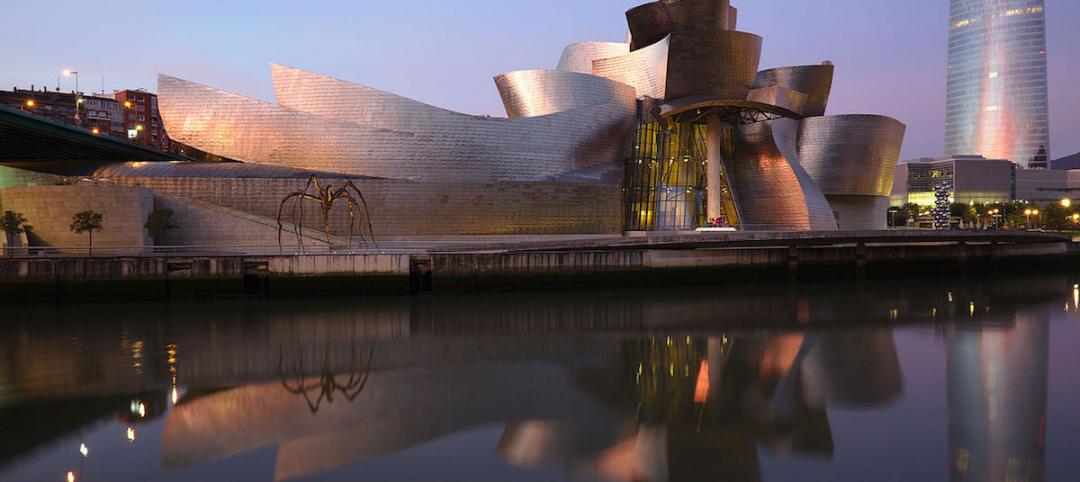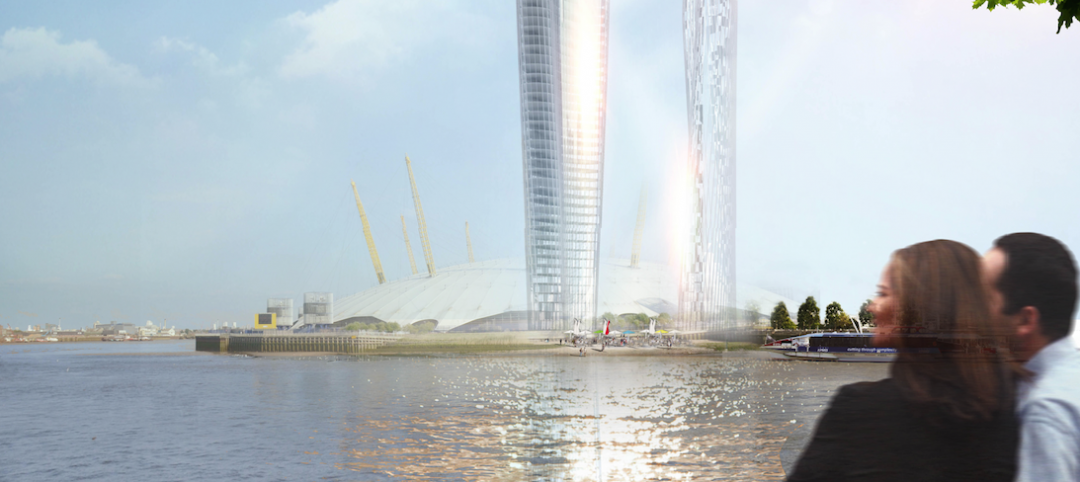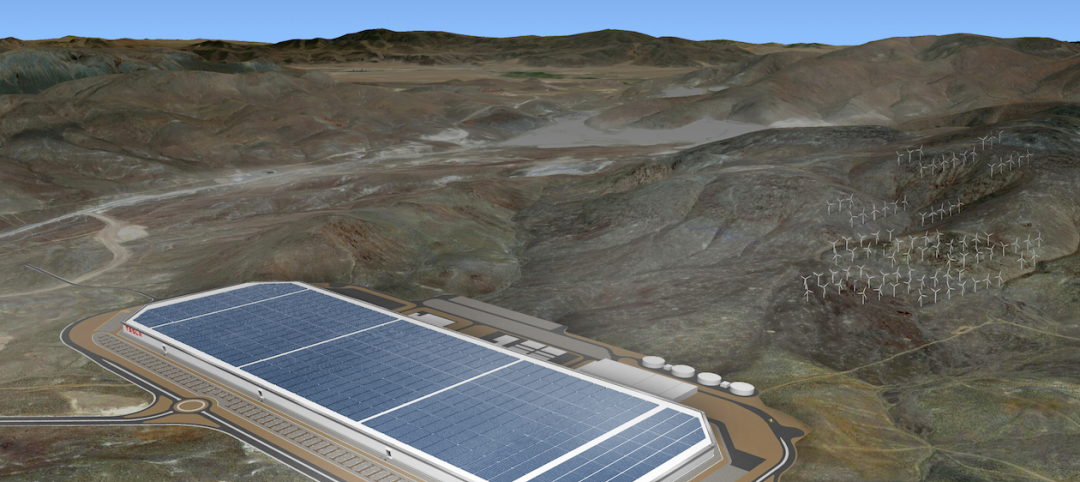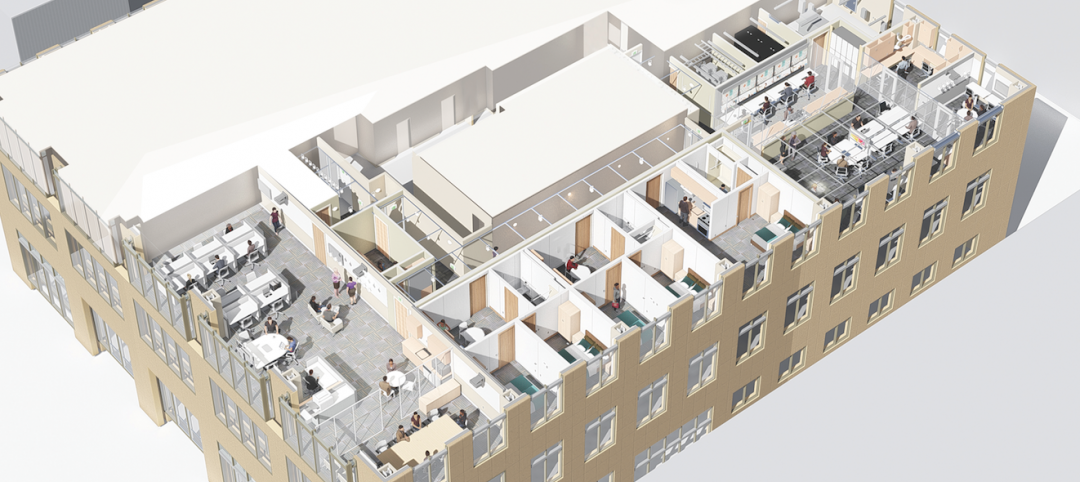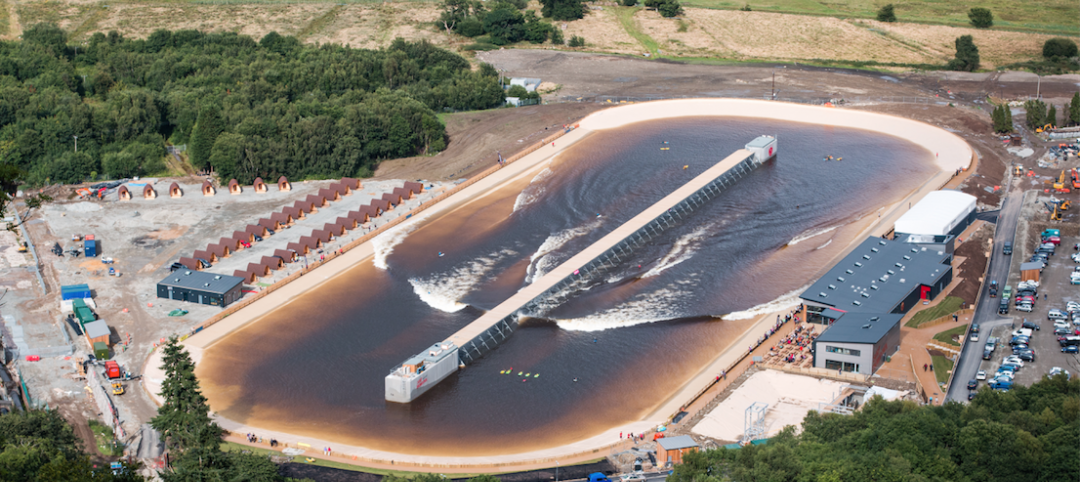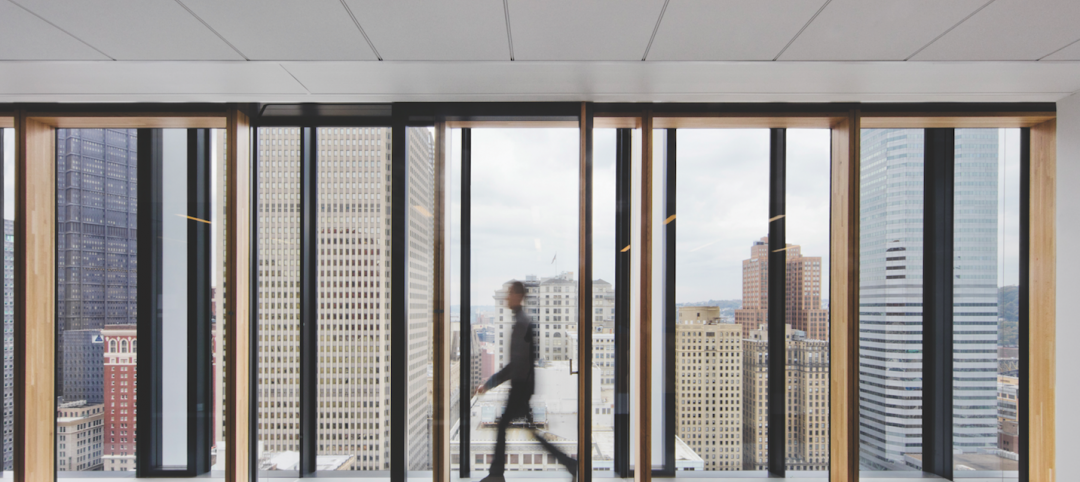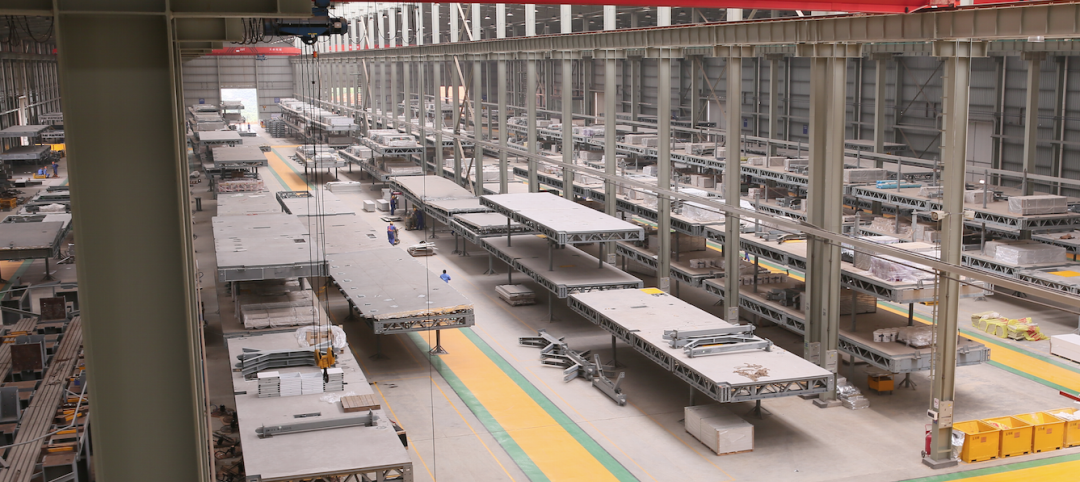Early this year, a 57-story building known as J57 Mini Sky City, with 800 apartments and office space for 4,000 workers, will start receiving its occupants. That wouldn’t be news except for the fact that more than 90% of the components for this building, located in Changsha, the capital of China’s Hunan province, were fabricated in the 230,000-sm factory of Broad Sustainable Building (BSB), a seven-year-old construction firm that assembled Mini Sky City in a jaw-dropping 19 working days.
It would have taken two years to construct a similar building using conventional methods, Xiao Changgeng, BSB’s Vice GM, told the Guardian. BSB claims prefab reduces construction costs by 20% to 40%. The 180,000-sm Mini Sky City cost US$700/sm to build, confirms BSB Chairman and CEO Zhang Yue, in an email to BD+C.
BSB, a subsidiary of Broad Group, which makes central AC non-electric chillers powered by natural gas and waste heat, is poised to expand by developing 50 franchises in China, plus 100 overseas, with the goal of capturing 20% of the global construction market. So it’s worth taking a closer look at how BSB gets buildings up so fast.
Prior to starting construction on Mini Sky City in January 2014, BSB had completed 30 pilot and commercial projects, including a 15-story hotel it constructed in a week, and a 30-story hotel it built in 15 days.
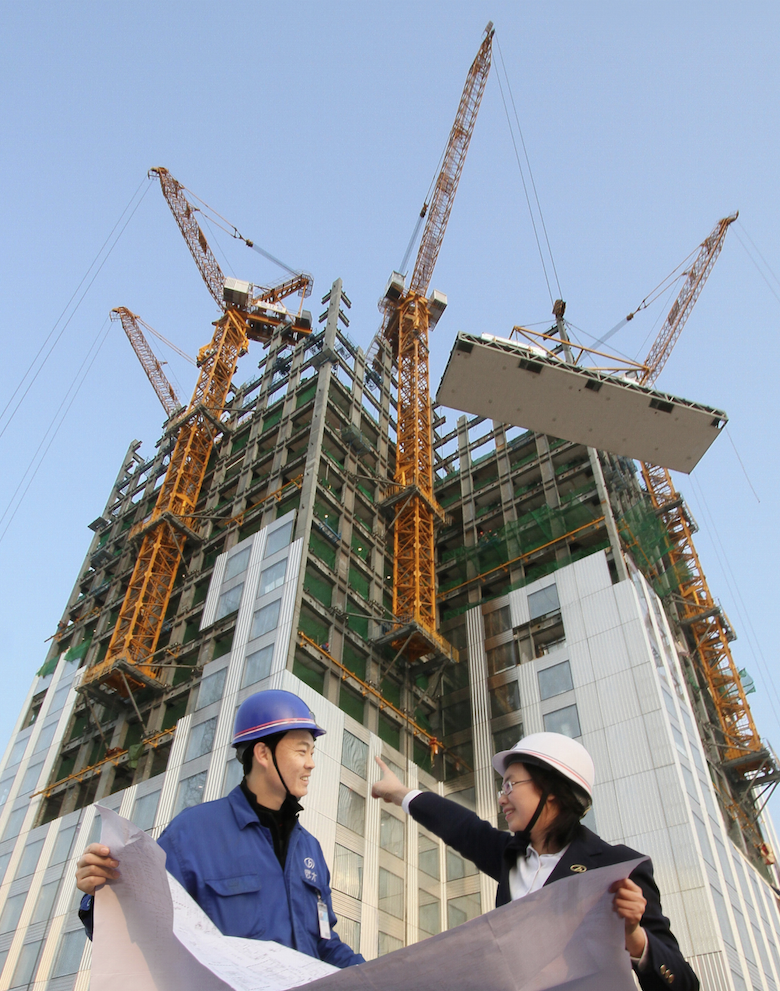
BSB’s 1,800-worker factory, in Xiangyin, Hunan, spent 4½ months fabricating 2,736 modules that comprise Mini Sky City’s structure, exterior walls, interiors, and MEP components. It took BSB five months to prepare and complete the building’s foundation, and another 30 days to prep the job site and move in cranes, which are critical to a construction process whose goal is to assemble three stories per day.
The firm erected the first 20 floors in seven working days. The job site ran three shifts, each with 400 workers and 10 superintendents. Supplier contracts enforced delivery times to prevent bottlenecks and delays.
Then, construction stopped for a year, as BSB found itself in a dispute over the height of the building, which originally was slated to be 97 stories. BSB had to accept fewer floors because of the building’s proximity to an airport 15 km away.
Construction resumed on January 31, 2015, and was completed on February 17, with some weather-related interruptions. BSB required 580,000 alloy screws to assemble the modules. The company confirms that it needed another four months to install lighting and interior finishes to make the steel-and-glass building habitable.
The first 10 floors of the 200-meter-tall tower are offices, and the rest are apartments in 20 sizes that range from 90 to 600 sm. The building includes a kindergarten, education center, organic farm, and restaurant. Running through the building’s interior is a 3.6-km “sky street,” which accommodates bicyclists. The tower’s 19 atriums include tennis courts, theaters and cinemas, and a botanic garden.
BSB says the tower is 80% more energy efficient than comparable structures in China. Its walls are fortified by 20-cm-thick thermal insulation, and three- and four-pane windows. Its HVAC system includes fresh-air heat exchange. The building can withstand a 9-magnitude earthquake, according to independent testing by the China Academy of Building Research. BSB’s construction process uses as little concrete as possible; this project eliminated an estimated 15,000 truck deliveries of that material.
The next big project BSB plans to tackle is a 202-story tower, also in Changsha, for which it has received government approval. BSB thinks it can complete this building in three months.
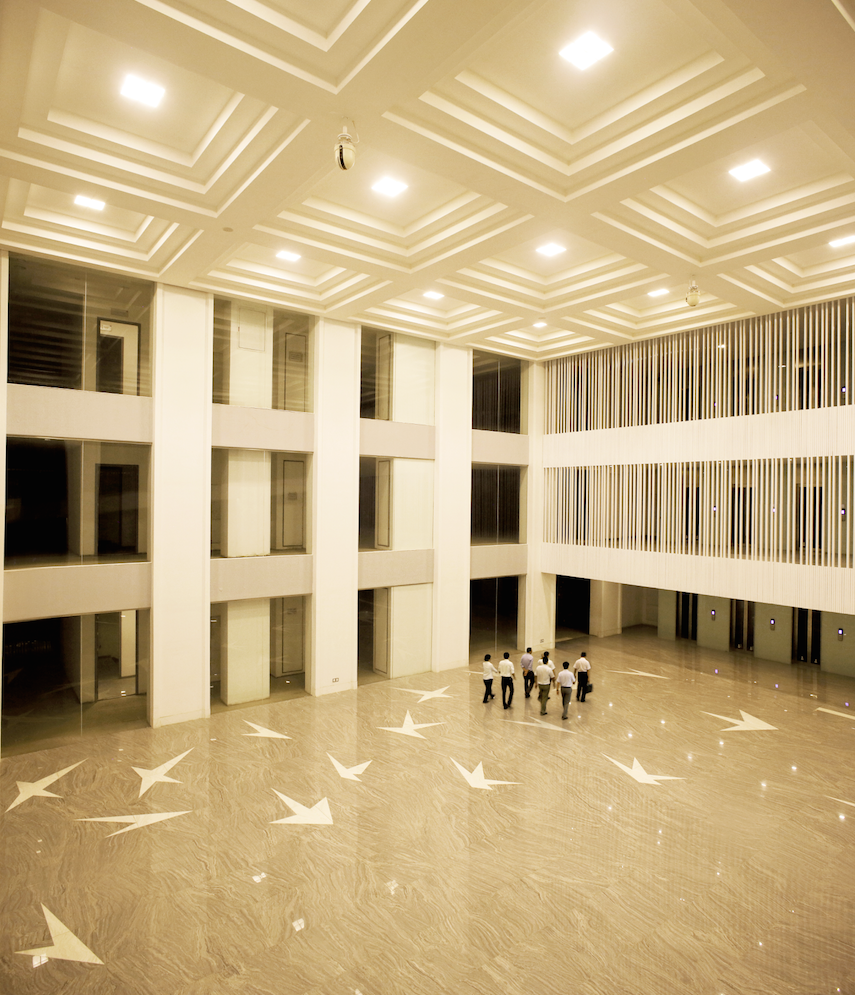
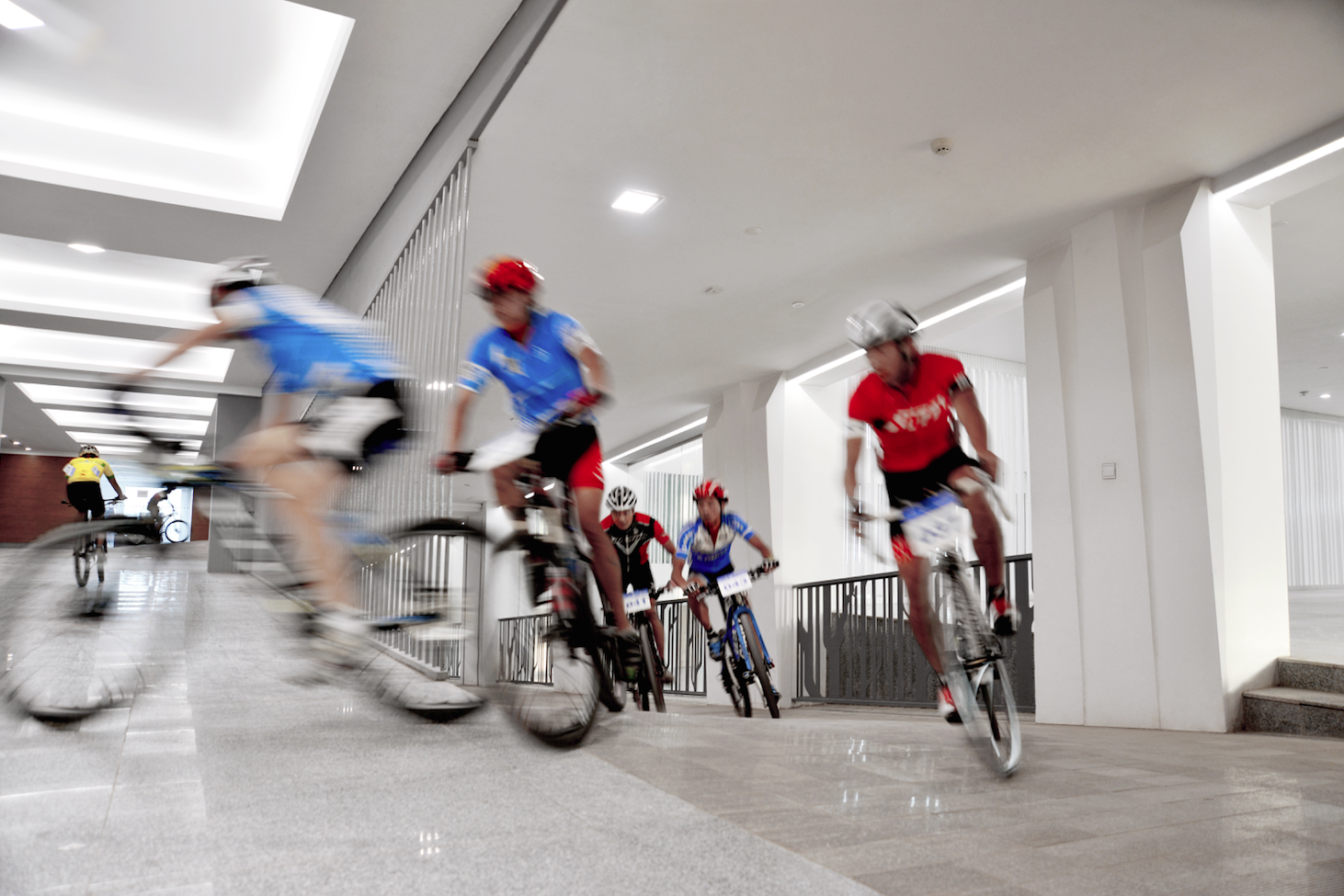
Related Stories
Game Changers | Feb 5, 2016
TIMELINE: 52 game-changing buildings through the years
From the E.V. Haughwout Building (first passenger elevator) to the Sackett-Wilhelms printing plant (first building with modern AC), BD+C editors present a timeline of the pacesetting projects from the past 170 years.
Game Changers | Feb 5, 2016
London’s ’shadowless’ towers
Using advanced design computation, a design team demonstrates how to ‘erase’ a building’s shadows.
Game Changers | Feb 5, 2016
Tesla: Battery storage is not just about electric vehicles
With his $5 billion, 13.6 million-sf Gigafactory, Tesla’s Elon Musk seeks to change the economics of battery energy storage, forever.
Game Changers | Feb 5, 2016
Mayo Clinic's breakthrough research lab puts evidence-based design to the test
Mayo teams up with Delos to bring hard science to EBD research.
Game Changers | Feb 5, 2016
Mega surf parks take entertainment to new extremes
Wave-making technologies vie for attention, as surfing is shortlisted for 2020 Olympic Games.
Game Changers | Feb 4, 2016
PNC's 'breathing' tower redefines the modern office building
Natural breezes flow through the banking giant's new 33-story, double-skin tower in Pittsburgh.
Game Changers | Feb 4, 2016
GAME CHANGERS: 6 projects that rewrite the rules of commercial design and construction
BD+C’s inaugural Game Changers report highlights today’s pacesetting projects, from a prefab high-rise in China to a breakthrough research lab in the Midwest.


